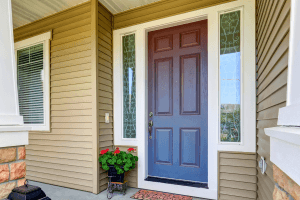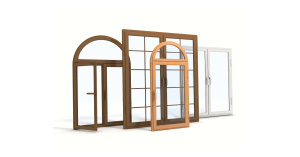Choosing the best glass for your windows requires careful consideration of multiple factors, including light penetration, appearance, and energy efficiency. While the aesthetic appearance of your windows is largely a personal choice, determining the best choice for energy efficiency and light penetration requires that you consider the climate in your region, the orientation of your house, the window’s proximity to obstacles that provide shade, and many other factors. So, which glass is right for your windows?
Function
Many areas have standards and building codes that govern the different requirements for glass type, depending on where it will be used, its height above the ground, and other factors. For instance, the type of glass used in the bathroom should prioritize safety and privacy. For rooms with floor-to-ceiling windows, you may need to consider etching, labelling, or other markings to prevent people from walking into the glass.
Obscurity
When you need to strike a balance between privacy and natural lighting, in spaces such as the bathroom and the laundry room, you should consider using a type of obscure glass, such as Satinlite.
Energy Efficiency
If you are certain that you want to control the opacity of your windows before they are installed, you can purchase glass tinted with metal oxides. To control the transparency of your glass after installation, you may need to apply an adhesive film. Alternatively, you can purchase laminated glass with interlayers between the sheets of glass for added sun protection or privacy.
For most homes and office buildings, you should consider using glass with the manufacturer’s base level of tint for the windows. This improves the solar performance of the glass and helps with glare and privacy during the day.
There are two key energy ratings to consider:
- The U-factor, which measures the ability of the glass to prevent heat inside your home from escaping.
- The solar heat gain coefficient, which measures the ability of the glass to block heat from the sun.
For rooms with large windows facing west, you should consider using higher performance glass, such as laminated low E glass with a high solar heat gain coefficient. However, this option may reduce the amount of visible light penetrating your home, affecting the appearance of your interior.
Final Note
New glass technology allows you to keep your interior warm during cold weather and cool during hot weather, without compromising on light penetration or transparency. For windows that open outside the frame, such as fixed casement windows, you may need to choose a suitable type of screening to maintain a suitable level of privacy and security.

